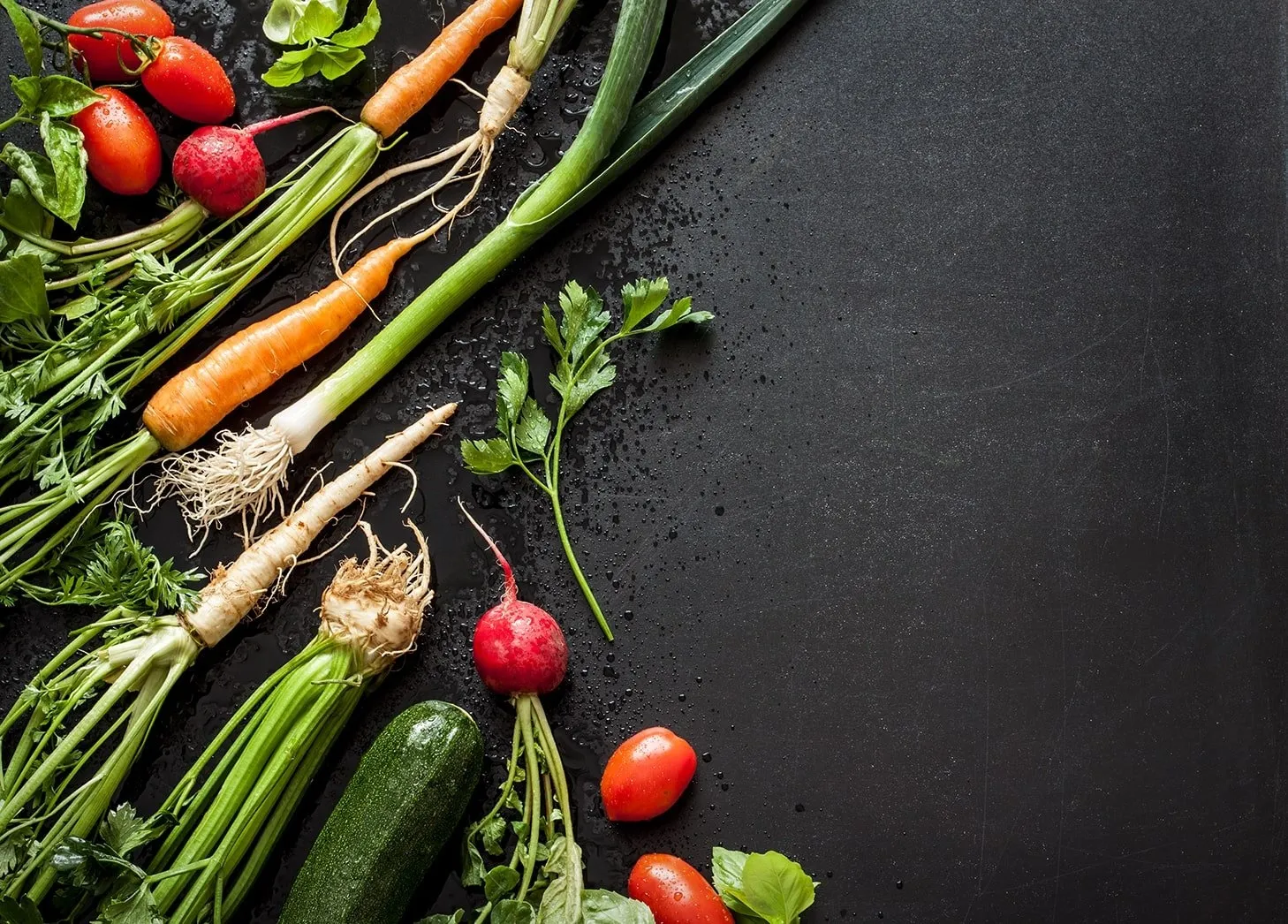Ingredients, analysis of constituents and nutrients
This list explains a large proportion of our ingredients, analytical constituents and nutrients. If the explanation below does not adequately answer your question, please feel free to contact us.
Contact us

